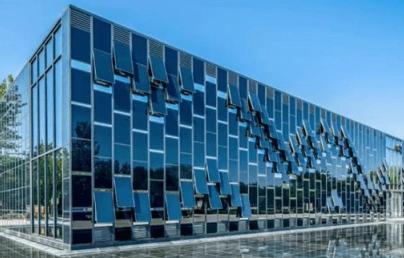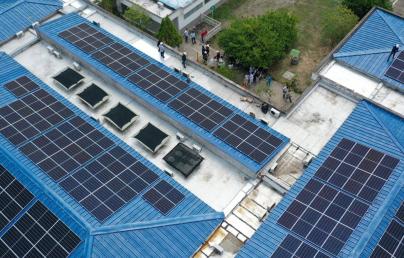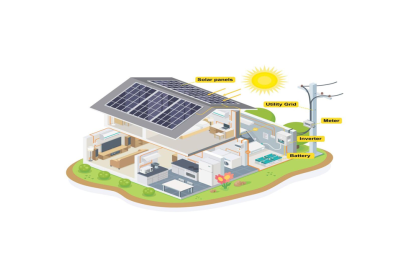
SUPER-i releases four factsheets to advance knowledge on energy efficiency in social housing

SUPER-i releases four factsheets to advance knowledge on energy efficiency in social housing
SUPER-i, a project dedicated to driving sustainable practices in social housing, publishes four comprehensive factsheets (technical policy, financial, and environmental ) that are designed to support stakeholders in decision-making and sustainable development in the sector.
The technical factsheet draws on consultation with stakeholders across Europe to explore effective strategies for energy efficiency retrofits in social housing. Through the development of advanced building physics models, the project assesses the feasibility of retrofitting in various social housing contexts. Additionally, it proposes innovative business models and technologies to bridge policy and financial gaps, fostering greater investment in sustainable energy solutions.
The policy factsheet emphasises the importance of continuous dialogue and collaboration, showing how SUPER-i fosters the co-creation of solutions tailored to specific national contexts. This approach addresses challenges such as reduced funding, bureaucratic barriers, and unclear regulations while promoting new financial mechanisms and effective implementation strategies. The project underscores the critical role of local community engagement, noting that active participation helps manage social impacts and reduces resistance during the planning and implementation phases.
The environmental factsheet targets detailed in the third factsheet illustrate SUPER-i’s goals. The project aims to cut greenhouse gas emissions and energy consumption in renovated social housing by 30%. It places a strong focus on creating healthier living conditions and on addressing energy poverty. It also advocates renewable energy sources such as solar and geothermal energy to increase their usage by 0.4%. Secondary benefits include advancing a circular economy through sustainable and recycled materials, expanding employment opportunities in green construction, and encouraging the adoption of smart building technologies, including energy-efficient HVAC systems and photovoltaic panels.
The financial factsheet highlights SUPER-i’s strategic support for energy efficiency refurbishments in social housing across Europe, demonstrated through pilot projects in Italy, Denmark, and Slovenia. By developing sustainable financing models through public-private partnerships (PPPs), the project bridges the gap between social housing needs and investor returns, ensuring long-term affordability and sustainability. The factsheet outlines how these efforts not only reduce operational costs for social housing providers but also deliver optimised returns on investment with risk-adjusted gains and favourable payback periods. Tailored PPP models, such as guaranteed and shared savings contracts, improve access to capital, while the use of combined funding sources, including national grants and EU funds, alleviates the burden of initial investments.

